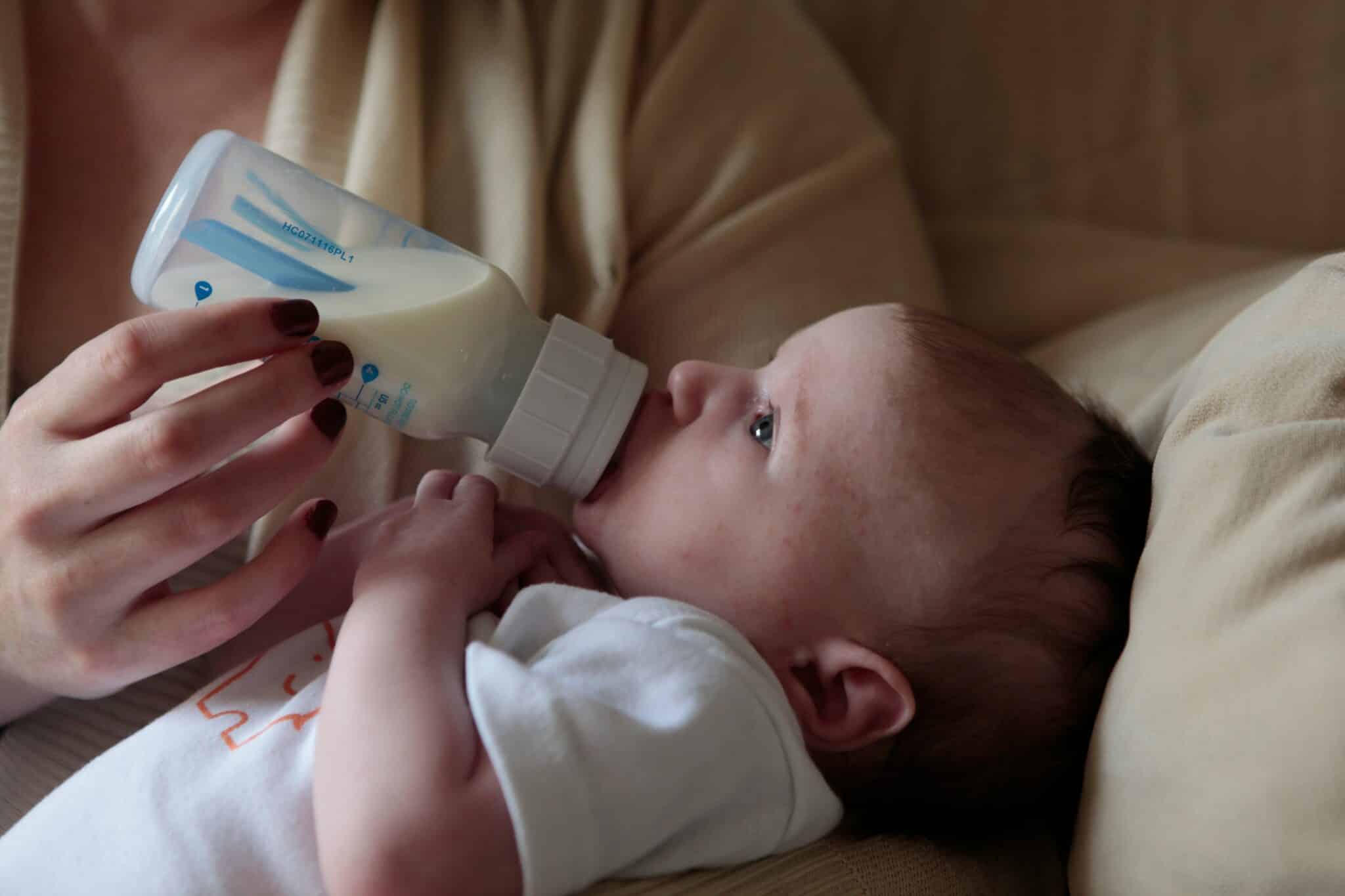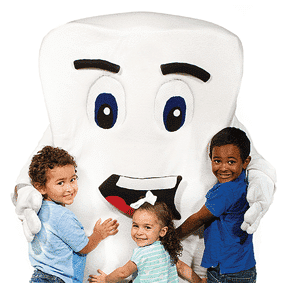Primary teeth, also known as baby teeth, are temporary but play a pivotal role in your child’s dental journey. At Tebo Dental, we recognize the importance of your child’s first set of teeth and understand the unique challenges that can be present during their early years. One of these challenges is the risk of tooth decay linked to the use of baby bottles. Check out what our team has to say about ways you can help protect those tiny teeth from early deterioration.
Baby Bottle Tooth Decay:
Baby Bottle Tooth Decay often affects the upper front teeth, but decay can extend further into the mouth as well. This type of decay primarily occurs when infants and toddlers drink liquids that contain high amounts of sugar, such as milk, fruit juices, and infant formula. The sugars in these drinks interact with bacteria in the mouth, producing an acid that attacks the enamel of the teeth. Decay has more of an opportunity to set in when the child sips on these sugary liquids for extended periods. Over time, this can also lead to cavities and other dental complications.
Navigating Nighttime Feedings:
One of the most common times for decay to begin is overnight when a child falls asleep drinking a bottle filled with a sugary liquid and then keeps the bottle in their mouth for comfort. When this happens, the liquid remains in their mouth for hours which creates the perfect environment for cavities to develop. Rather than leaving your child with a bottle overnight, consider trying these tips as alternative options:
- Consider filling the bedtime bottle with water rather than a sugary liquid if it is purely to soothe them to sleep.
- Avoid letting your child fall asleep with a bottle in their mouth if it contains any liquid other than water.
- If you are breastfeeding your baby at night, be sure to gently wipe their gums with a clean, damp cloth when finished so the sugars are not able to settle in their mouth.
Transitioning to a Regular Cup:
Transitioning your child to a cup at an appropriate age can decrease the risk of prolonged exposure to sugary liquids. Starting around age one, or as advised by your pediatrician, slowly introduce your child to drinking from a regular cup. This not only aids in dental health but also supports motor skill development.
Start Regular Dental Check-ups:
Once your child’s first teeth start to emerge, consider scheduling a dental visit to get a jumpstart on your child’s dental health. Regular check-ups at Tebo Dental will help detect any potential issues early on and ensure those tiny teeth remain in tip-top shape.
Daily Dental Hygiene for Little Ones:
Begin cleaning your baby’s mouth even before their first tooth emerges. Using a soft, damp cloth, gently wipe their gums after each feeding. As soon as their teeth begin to come in:
- Use a small, soft-bristled toothbrush with a rice-sized dab of fluoride toothpaste.
- Brush gently twice a day or as directed by your dentist.
- Avoid sugary drinks and snacks as much as possible, and introduce water early on.
While baby teeth make their stay only for a brief time, their health is vital for speech, nutrition, and setting the stage for permanent or adult teeth. By understanding the risks associated with baby bottles, you are better equipped to take proactive and preventative measures to keep your child’s smile healthy and free of early decay.
Tebo Tip:
At Tebo Dental, we are always here to guide you through every step of your child’s dental journey, so schedule your child for a visit with us for personalized advice. We are excited to partner with your family and embark on a path to impeccable oral health from your child’s very first tooth!





